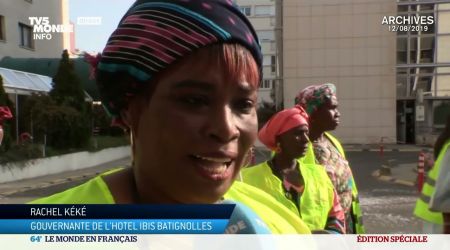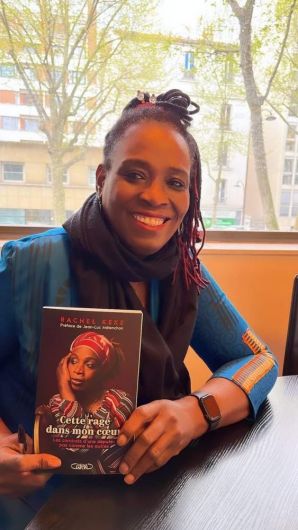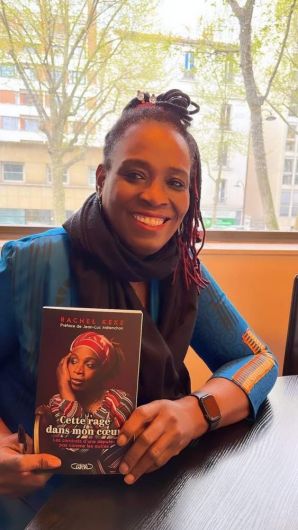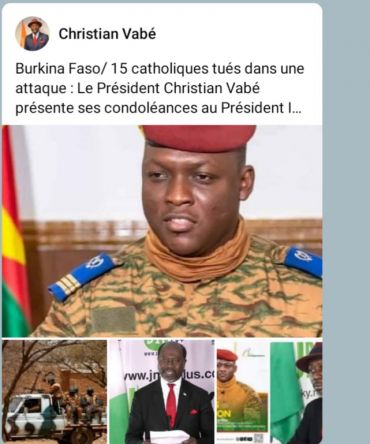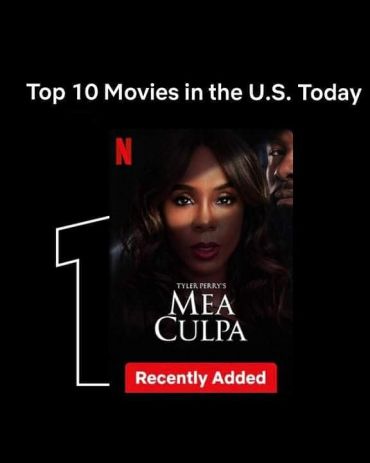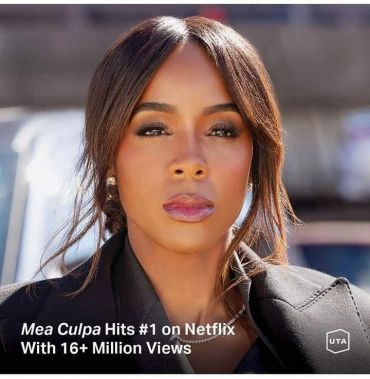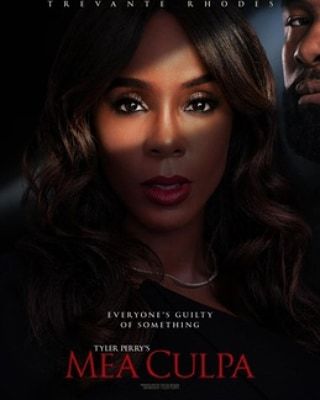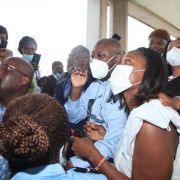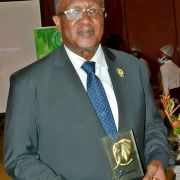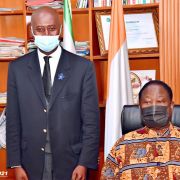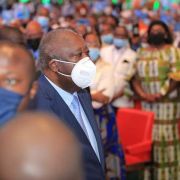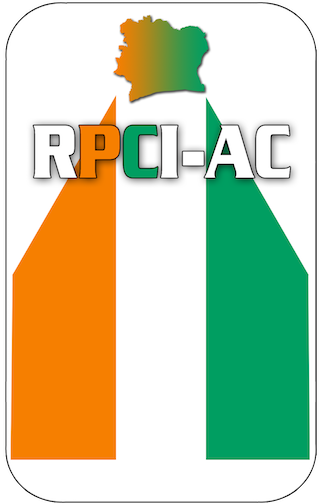"Politics in West Africa": "Is the "Ivory Coast" on the brink of a new african oligarchy"?
Le 15 mars 2012 par IVOIREBUSINESS - The Ivorian political background" from 2002 to 2011": in 2002, chief rebel "Soro Guillaume" claimed officially the northern rebellion in the "Ivory Coast" grounded in assaults, rapes, tortures and many
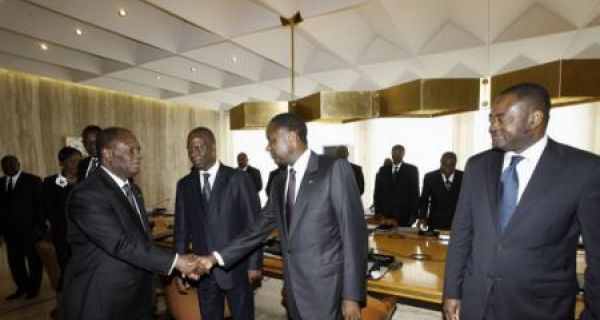
Le 15 mars 2012 par IVOIREBUSINESS - The Ivorian political background" from 2002 to 2011": in 2002, chief rebel "Soro Guillaume" claimed officially the northern rebellion in the "Ivory Coast" grounded in assaults, rapes, tortures and many
more...Basically, the aim which stirred him to action was to pave the way for "Allassane Ouattara" politically, who was the underground sponsor of the ivorian northern rebellion since ever, labeled as a full rebel in disguise, behind closed doors! In (APRIL 2011) when "Allassane Ouattara" took over closely with his main allies, "Soro Guillaume" was promoted prime minister, but the controversy will still go on, because he was already prime minister of former president "Laurent Gbagbo's regime": a sudden change fortune, no one can explain easily in the ivorian political background! Meanwhile, international political critics and observers seem to realize gradually that "Soro GUILLAUME" has got an entire control over the west african rebel soldiers who brought "Allassane Ouattara" to power. In consequence, the west african rebel soldiers(FRCI) still remain the bedrocks of "ALLASSANE OUATTARA's regime even he is not very close to them...That relevant remark can be analysed as an approach of an an eventual appeal of what can occur later on in the country .As a result, "Allasane Ouattara" was forced to play a game and promote "Soro GUILLAUME" as the new president of the ivorian parliament, through a so called election, to prevent him from being overthrown...But time will tell basing on facts, because good friends can be potential foes in politics at any time.... As a matter of fact, we can come to the conclusion that, oligarchic tendencies are more marked in the third world politics, especially in the whole Africa, because of the very uneven of political resources. We must not forget that basically "oligarchy" means the rule of few! In the same trend, a tiny elite dominates political life and the mass of the population is inactive. Meanwhile, elections, if they are held, are made by the men of wealth and influence. Moreover, in AFRICA particularly, traditional elites have been more stubborn than were, say, the pressure from the masses became to srong. That's why african oligarchs have often turned to repression rather than reforms, encouraging right-wing military intervention. There is, in fact, a long history of intervention by the army in many african countries. But the miltary have been notable failures as political rulers.In (1980), a sergent, twenty seven years old "Samuel Kanyon DOE" overthrew liberian president "William tolbert" in a bloody miltary coup in "Monrovia". Basically, that coup had got the blessing of the USA, because the coup had been labeled as the country people rebellion(redemption council), so the US government had no reason to change the country people aspirations at that precise period in "Liberia"! in the (1980s), the soldiers who seized power in Africa and Latin AMERICA in the previous decades were in retreat...Therefore, the late (1980s) was the twilight of state african dictators and tyrans! Moreover, throughout sub-saharan Africa, single- party regimes were common: in the (1960s), they included many countries in AFRICA such as:"IVORY coast", "SENEGAL" ,"Guinea" ,"Ghana", "Kenya" ,"Zambia". In the same trend, with only "Kenya", a doubtful exception, the attempt at modernisation under single-party rule clearly failed on AFRICA, one party government was barely successful than military rule! Ruling parties became little more than businesses for the african politicians...In consequence, through the political party, and therefore the state, rulers acquired access to luxuries and consumer goods which the mass of the population could not obtain...Eventually international economic pressures swamped even those states like "Tanzania" which tried go-it-alone economic development.BY the late (1990S), the single-party rulers of Africa face domestic discontent, fuelled by two decades of economic setbacks. They also confronted international pressure. First world governments held the purse strings of aid, but their price was more democracy and pluralism. Meanwhile, the collapse of communist eastern Europe, also stripped away the illusion of an alternative model of development. In (1990s), the non democratic rulers of african states faced three alternatives: First and foremost, they could stand fast and risk their own overthrow. Secondly, they could try to retain control by guiding the transiton to multi-partysm. Thirdly, they could face the verdict of free elections... Right now in this current political background, the "Ivory Coast" seems to go back to the one system party, unfortunately on the brink of a so called oligarchy in the new millenium."ALLASSANE Ouattara" has given recently "Soro GUILLAUME" a bare cheque so as to run and manipulate the ivorian so called new parliament, against the will of the whole ivorian nation...But, he will sooner unquestionably suffer from full legitimacy in a country, gradually labeled as a banana republic and no man's land...How long will that turmoil last in the "Ivory Coast"?
Only God knows!
(Yves T Bouazo)

